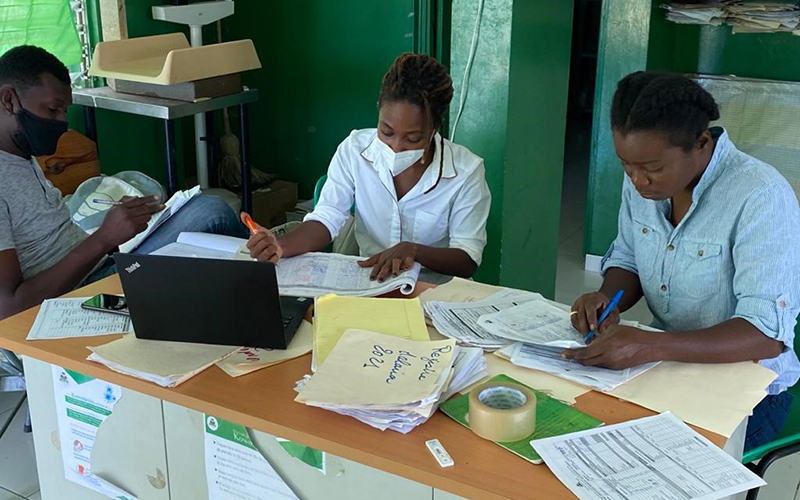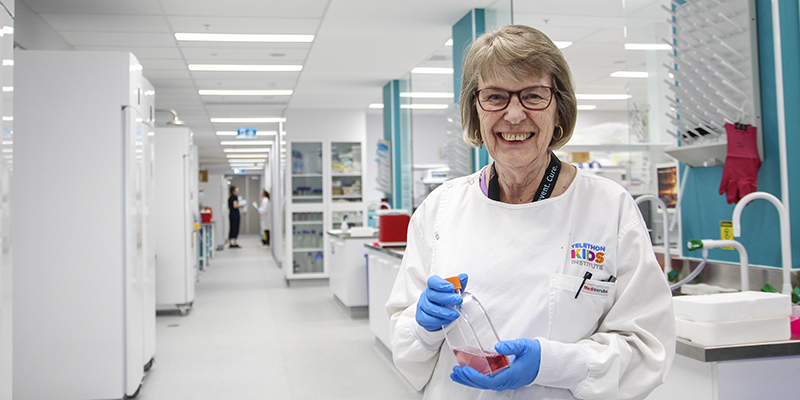Search

News & Events
Sophisticated new modelling suggests keeping mask mandate could prevent 147,000 COVID-19 casesWA’s current Omicron COVID-19 outbreak could jump by 147,000 cases if mask mandates are abandoned before the Easter long weekend, according to sophisticated new modelling.

News & Events
Call for national newborn screening for little-known CMV virusWestern Australian researchers advocate for a national newborn screening program for congenital CMV to prevent hearing loss and related disabilities in infants.

News & Events
New study identifies African ‘hotspot’ for highly infectious diseasesA regional corner of Africa is a hotspot for cases of HIV, tuberculosis and malaria, prompting researchers to call for targeted health support rather than a national response.

News & Events
Biobank funding supports valuable research resourcesFour The Kids Research Institute Australia-based biobanks which underpin a range of cancer, respiratory and early life research have received more than $450,000 in funding.

News & Events
Autism researcher the youngest-ever Fellow of prestigious academyProfessor Andrew Whitehouse has been inducted as the youngest-ever Fellow to the Australian Academy of Health and Medical Sciences.

News & Events
The Kids Research Institute Australia research projects supported with WA Near-miss Awards14 important The Kids Research Institute Australia research projects have received support under the inaugural WA Near-miss Awards (WANMA) funding program.

News & Events
Global research team develops fine-scale risk maps to tackle malaria in HaitiResearchers from The Kids Research Institute Australia in Perth and Tulane University in New Orleans have developed sophisticated data modelling that could help eradicate malaria in Haiti.

News & Events
Supporting your kids during a pandemicMailing list Discover. Prevent. Cure. Be Inspired About The Kids Join thousands of active subscribers and hear about the brave kids, dedicated

News & Events
Farewelling Jette Ford – a The Kids legendThe Kids Research Institute Australia has farewelled one of its most treasured employees, with research officer Jette Ford closing the door on a quietly stellar 37-year career which has changed the face of cancer research in WA and around the world.

News & Events
Global organisation backs Strep A vaccineA global philanthropic organisation has backed an Australian-led bid to develop a Strep A vaccine which could save millions of lives around the world.
